Jonah Sachs is the author of Unsafe Thinking. You can hear him talking at the RSA earlier this year.
He looks at people and organisations that have found success by being willing to explore apparently risky ideas.
He says that when confronted with anxiety, most of us stick to what we know and this prevents us seeing new possibilities. Instead he suggests moving towards anxiety. That doesn’t mean taking reckless action, but rather pausing to look more carefully at the things we fear doing.
He uses the example of the US chain store, CVS pharmacy. It was generating $2bn in tobacco sales. An executive suggested abandoning those sales as inconsistent with the positioning of CVS in health. Most of her colleagues pushed back: those $2bn couldn’t be jeopardised. But she went away and did some research and was able to suggest that the eventual effect would be positive. The store made the change and saw a huge increase in business.
Sachs warns of the danger of getting into expert mode, where we become defensive on subjects where we know a lot. This can blind us to changes that make our expertise more questionable.
Sachs suggests the practice of doing things you are not good at to keep alert. Viv recently had a go at stand up comedy in this spirit. (That link takes a while to load, by the way.)
He also talks about the benefits of open mode: slowing down enough to reflect more carefully about the problems we’re addressing. By slowing down, we make it easier to think riskier thoughts and have a more measured way of assessing their potential impact.
In the RSA talk mentioned above, he uses the example of a basketball coach whose philosophy was to make the locker room a safe space, eschewing shouting and attacking, with the principle that this would allow the team to take more risks on court.
None of these principles, of course, will guarantee success in an uncertain world, but we think they are good ideas for facilitators to reflect on. When ideas come up that make people anxious, let’s see if we can make it safe to explore further, rather than closing discussion down.
